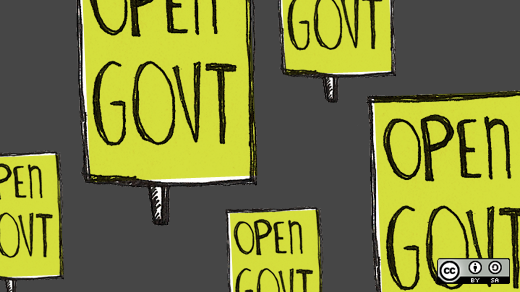The Benefits of Open Data for Government Decision-Making

In today's world, data is a crucial asset for any organization, including governments. However, for a government to make informed decisions, it needs accurate and reliable data. Open data is a new concept that has been gaining popularity in recent years, and it involves making data available to the public in a way that is easily accessible, free of charge, and machine-readable. In this article, we explore the benefits of open data for government decision-making and why it is essential for governments to embrace this new concept.
Benefits of Open Data for Government Decision-Making
Transparency
Open data promotes transparency in government decision-making processes by making information accessible to the public. This means that citizens can access the same information as government officials and can hold them accountable for their decisions. By promoting transparency, open data helps build trust between citizens and the government.
Improved Decision-Making
Open data provides decision-makers with a wealth of information that they can use to make informed decisions. The availability of data helps to identify patterns and trends, which can be used to develop more effective policies and programs. For example, data on the number of people living in poverty in a specific area can help government officials develop policies to address poverty.
Cost Savings
Open data can help governments save money by reducing the cost of data collection and analysis. Rather than collecting data themselves, governments can use data that has already been collected and made available through open data initiatives. This saves time and resources that can be redirected towards other essential services.
Innovation
Open data promotes innovation by making it easier for entrepreneurs, researchers, and developers to access data. This can lead to the development of new products, services, and solutions that can benefit both citizens and the government.
Collaboration
Open data promotes collaboration between government agencies and other organizations. By making data available to all stakeholders, open data initiatives can help break down silos and encourage collaboration. For example, data on crime rates can be used by multiple agencies, including law enforcement, healthcare providers, and social service agencies.
Citizen Engagement
Open data initiatives can help engage citizens in government decision-making processes. By providing access to information, citizens can better understand government policies and programs, and provide feedback on their effectiveness. This can lead to more responsive and effective government.
Conclusion
Open data is an essential tool for government decision-making. By promoting transparency, improving decision-making, saving costs, promoting innovation, encouraging collaboration, and engaging citizens, open data initiatives can help governments make more informed decisions and better serve their citizens. Governments that embrace open data will be better equipped to address the challenges of the 21st century and create a more transparent and effective government.
